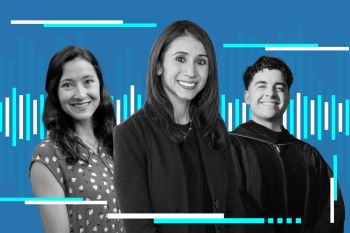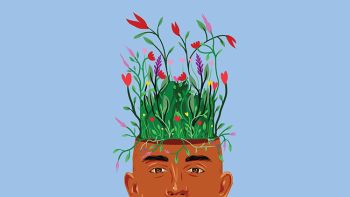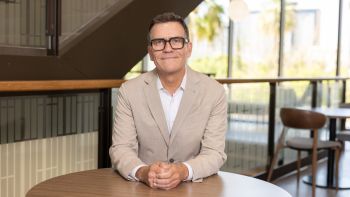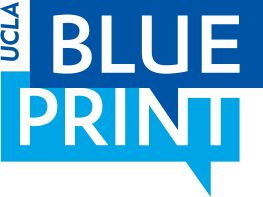News

Adriana Galván Discusses the Adolescent Brain, Stress and Systems that Support Young People on a New Episode of CaseyCast
September 19, 2025Co-Executive Director Adriana Galván speaks with The Annie E. Casey Foundation’s CEO Lisa Lawson on the latest episode of the foundation’s podcast, CaseyCast. In this conversation, Lawson asks Gavlán about her research on the adolescent brain, and they discuss how this research can inform the understanding of policy-makers, educators, and youth-serving systems regarding this critical stage of development.
Press Releases
February 25, 2025: Announcing the UCLA Center for the Developing Adolescent’s 2024 Annual Report
January 17, 2023: New Guides Help Organizations Build Effective Youth Engagement Programs
August 16, 2021: New Report Examines Intersection of Anti-Black Racism on Youth Development
November 30, 2020: Center for the Developing Adolescent Announces New Advisory Board Members
October 1, 2020: Center for the Developing Adolescent Announces New Leadership
Stay in the Know

A mind of one’s own
September 2, 2025Co-Executive Director Adriana Galván is featured in a UCLA Newsroom article and accompanying podcast that provides insights into adolescent development, memory, and the fight to protect our brains.

The surprising science of adolescent brains
August 20, 2025NSCA co-director Jennifer Pfeifer spoke at TEDxPortland about the fascinating science behind the developing adolescent brain, and about how “adolescence isn’t a problem to be solved; it’s a transformative period of growth and opportunity.”

How Are AI Chatbots Affecting Teen Development?
August 19, 2025NSCA member Jacqueline Nesi offers a series of recommendations from a new APA report to help parents, educators, lawmakers, and AI designers support young people’s well-being on AI platforms.

Teens Take Risks. We Should Be Happy They Do.
August 13, 2025Co-Executive Director Adriana Galván wrote a new article published in Brain Facts explaining the neurological basis for why adolescents take risks and how risk-taking can be essential for learning and positive development during this period.

Stephen T. Russell named new director of the Sanford School
July 31, 2025NSCA member Stephen Russell is beginning a new position as director of the Sanford School at Arizona State University. “I’m inspired by the ASU Charter, and passionate about the mission of the Sanford School to help individuals, families, communities, and institutions succeed,” said Russell.

A Sense of Purpose
June 5, 2025A new UCLA Blueprint article highlights the importance of purpose in adolescence. The article features the NSCA report Cultivating Purpose in Adolescence and interviews NSCA members and our co-executive director, Andrew Fuligni.

Sleep training is no longer just for babies. Some schools are teaching teens how to sleep
April 16, 2025“The evidence linking sleep and mental health is a lot tighter, more causal, than the evidence for social media and mental health,” Co-Executive Director Andrew Fuligni explains in a new Associated Press article about the importance of promoting healthy sleep during adolescence.

Say Goodbye to Your Kid’s Imaginary Friend
April 16, 2025NSCA member Jacqueline Nesi is interviewed in a New York Times op-ed about how AI chatbots might affect young people by taking key peer roles, and why we should consider regulation backed by lawmakers and research. In the article, Nesi suggests that more research is needed on how these new technologies affect young people specifically, and these results may help us better tailor and scaffold their experiences with them.

Teens are delaying getting their driver’s licenses. Parents want to know why
April 14, 2025NSCA member Rhonda Boyd is quoted in CNN discussing factors that might be delaying adolescents from getting a driver’s license. “Maybe just getting through school takes up so much of the time and energy that they have,” said Boyd. “Extra things such as getting a driver’s license or doing things that may lead to more independence are really harder.”
